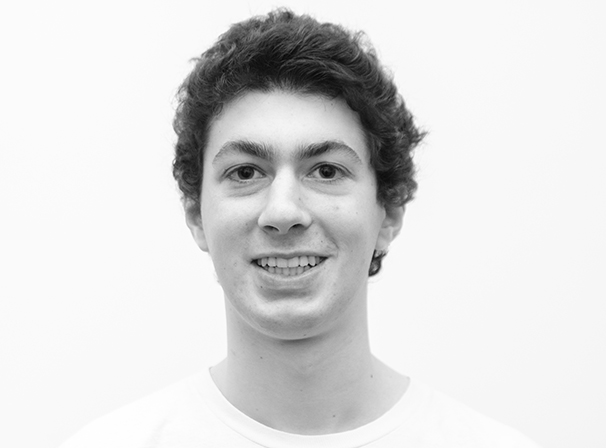Prescription medication not only solution to mental illness
September 25, 2014
According to a recent governmental survey, 18. percent of legal adults battled with a mental illness in 2013. Despite increased discussion about mental health in recent years, individuals struggling with biological predispositions still have to battle society’s scorn. Some doctors exacerbate their patients’ situations by improperly medicating them, thereby perpetuating the overly simplistic conception of mental illness that renders it easily solved with medication.
More than one in 10 Americans currently take some form of an antidepressant medication. While these numbers seemingly indicate that a shockingly large number of Americans battle a mental illness, they actually exemplify the inefficacy of current efforts to promote thoughtful awareness of mental health. Rather than solely indicating that more people feel comfortable seeking treatment, the rising number of Americans taking medication for mental illness serves as an indicator of the fundamental misunderstanding of mental illness. A recent study elucidates this point with data showing 61.6 percent of Americans diagnosed with depression by a clinician fail to meet the criteria for diagnosis listed in the DSM-.. As more individuals have received false diagnoses, the number of medications prescribed has similarly risen. Although it certainly helps many individuals, the approach of mass diagnosis and thus mass prescription simply replaces the societal avoidance of discussing mental health with a reductionist ideology that medications can easily solve mental health issues.
This mentality of solving health problems with medication is even more problematic when combined with use of other drugs, particularly if habits are developed early in life. Although governmental statistics indicate a decrease in the abuse of opiate painkillers by high school seniors in recent years, the 15,000 deaths per year from opiate overdose reveals a culture of drug abuse aided by undiscerning doctors who dole out 136 million prescriptions for painkillers each year. And because addiction to opioid painkillers can lead to heroin use, opioid habits need preventative action.
Culture in America causes problems for addressing drug abuse in college, because it designates college as a time of experimentation for unexplored activities, drugs included. The concept of college itself is intertwined with drinking and drugs — activities that, along with beginning to think about a career, supposedly help breach the gap between youth and adulthood. Additionally, the lack of emotional support and stress that often accompany the daunting adjustment to college life present mental challenges for many and, combined with new freedom, can lead to serious drug abuse. Denying the inevitability of exposure to drugs in college is unrealistic. But as prescription drug abuse continues, doctors should consider the extent to which they enable the abuse, and society should question the ideology that promotes drug use to solve problems.
A version of this article appeared in the Thursday, Sept. 25 print edition. Email Dan Moritz-Rabson at [email protected].

